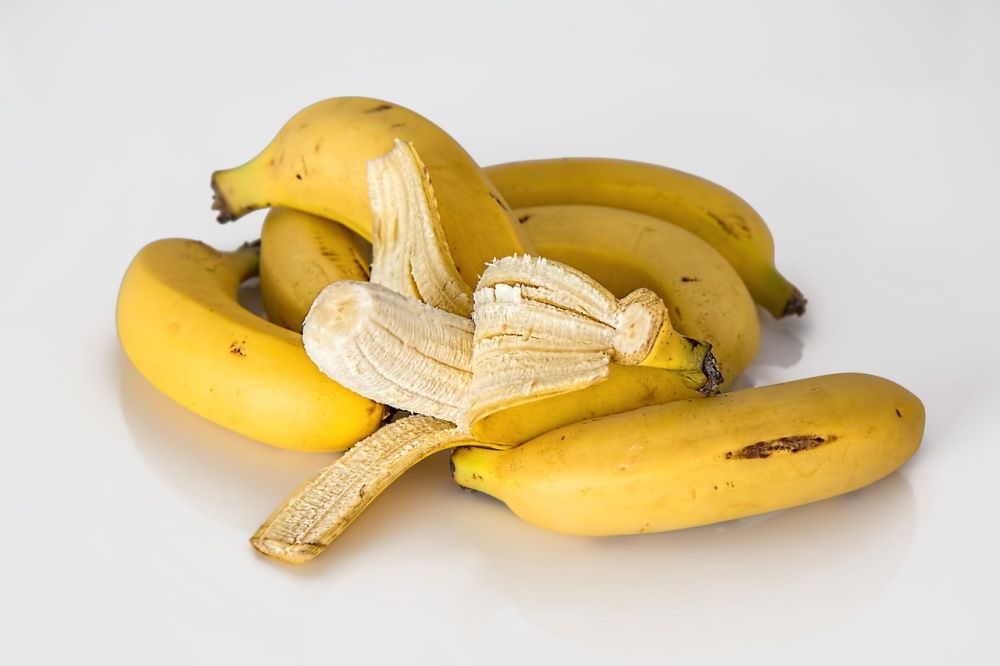”Detox Diets: A Comprehensive Guide to Cleansing and Detoxification”

Introduction:
Detox diets have gained significant popularity in recent years as individuals seek to improve their overall well-being and eliminate toxins from their bodies. This article aims to provide a thorough understanding of detox diets, including their various types, popularity, quantitative measurements, differences, and historical pros and cons. By exploring these aspects, readers can make informed decisions about whether a detox diet is right for them.
1. An Overview of Detox Diets:

Detox diets, also known as cleanses or detoxification diets, are temporary dietary plans focused on eliminating harmful toxins from the body. These diets typically involve consuming specific foods, supplements, or beverages that are believed to support the body’s natural detoxification processes. The primary goal is to rid the body of accumulated toxins and promote optimal health.
2. The Different Types of Detox Diets:
a) Juice Cleanses: Juice cleanses involve consuming only fresh fruit and vegetable juices for a specific period. These juices are rich in nutrients and antioxidants, aiding in the body’s detoxification process.
b) Whole Food Cleanses: Whole food cleanses involve eating whole, unprocessed foods while avoiding processed or refined options. This approach focuses on nourishing the body with nutrient-dense foods that support detoxification.
c) Herbal Detoxes: Herbal detoxes involve the use of herbs, teas, or supplements that claim to cleanse and support various organs involved in detoxification, such as the liver and kidneys.
d) Water Fasts: Water fasting involves refraining from solid food and solely consuming water for a predetermined duration. This extreme approach requires medical supervision and is not recommended for everyone.
3. Popularity and Trends in Detox Diets:
Detox diets have gained popularity due to the rising interest in holistic health and wellness practices. Influential figures, celebrities, and wellness gurus often endorse these diets, resulting in increased public awareness. Social media platforms and online communities also contribute to the dissemination of information, making detox diets more accessible and appealing to the masses.
4. Quantitative Measurements in Detox Diets:
When it comes to evaluating the effectiveness of detox diets, quantitative measurements can provide valuable insights. However, it is essential to approach these measurements with caution due to limited scientific research and individual variations. Quantitative measurements may include analyzing changes in body weight, body fat percentage, markers of inflammation, and organ function tests.
5. Understanding the Differences Between Detox Diets:
While all detox diets revolve around the common goal of eliminating toxins, significant differences exist among them. Some diets focus on a specific organ or system, such as liver detoxification, while others adopt a more holistic approach. The duration of the detox diet, the types of foods allowed or restricted, and the inclusion of supplementary products can vary significantly.
6. Historical Perspectives on the Pros and Cons of Detox Diets:
Throughout history, detox diets have often been used for therapeutic purposes. Ancient civilizations integrated fasting or consuming specific herbs and foods into their healing practices. However, criticisms of detox diets also exist, with skeptics arguing that the body’s natural detoxification processes are sufficient and that these diets can lack essential nutrients.
Conclusion:
Detox diets have become a popular choice for individuals seeking to improve their health and well-being. By offering an in-depth overview of detox diets, presenting different types and their popularity, discussing quantitative measurements and differences, as well as exploring historical perspectives on pros and cons, this article aims to inform readers about the various aspects surrounding detox diets. Remember, it is always crucial to consult with healthcare professionals before embarking on any dietary plan or detoxification program. [INSERT VIDEO HERE]
[Word count: 632]

















